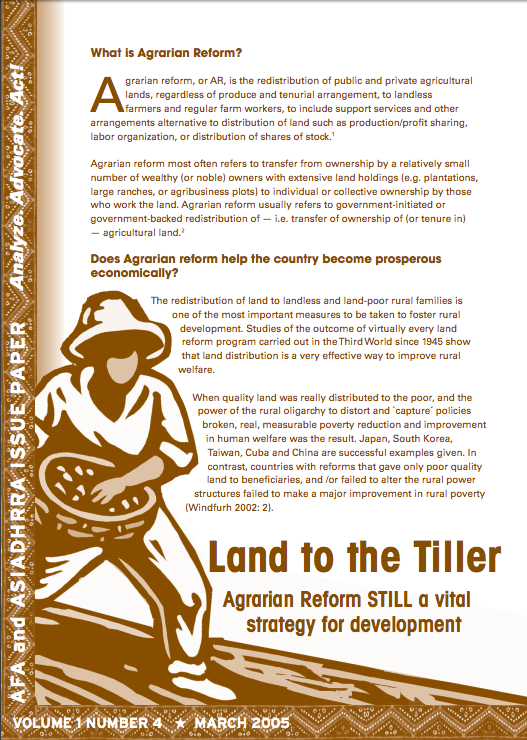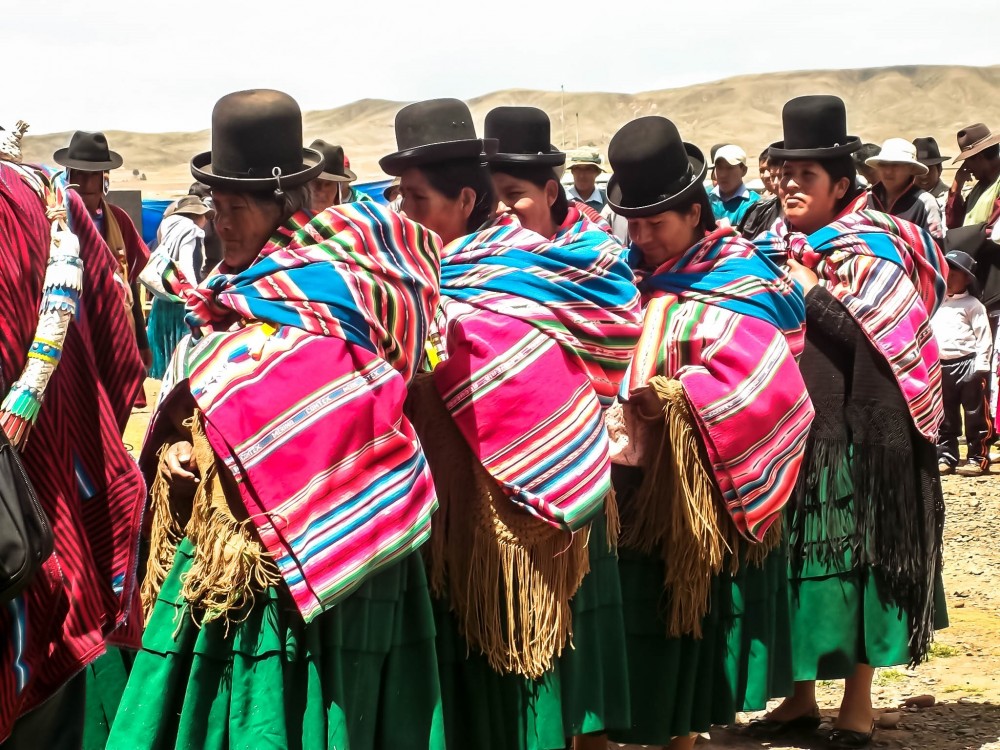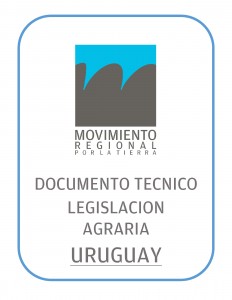Bolivia : Public Policy Options for the Well-Being of All
The purpose of this book is to
contribute to the debate on how to confront the challenges
that Bolivia faces today. It is composed of a series of
studies on the current reality of Bolivia and has been
developed in conjunction with national and international
public policy experts. The studies present a diagnostic by
sector, a summary of the main challenges, and public policy
recommendations aimed at meeting these challenges. After




